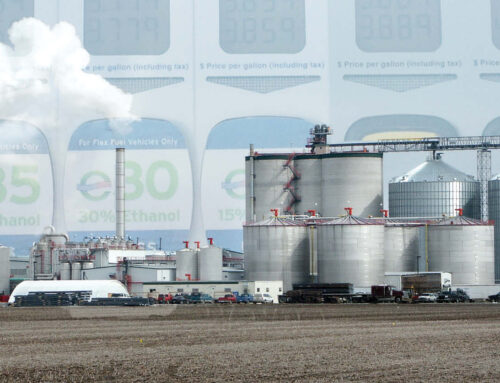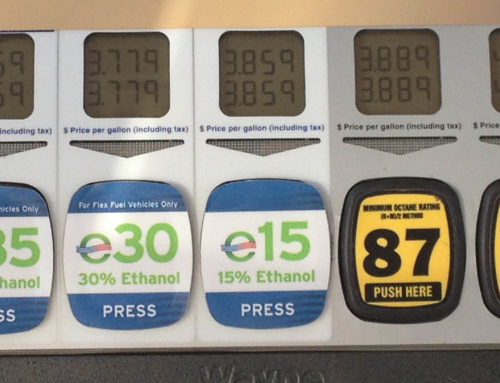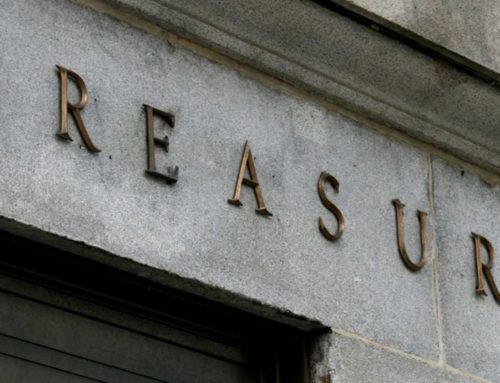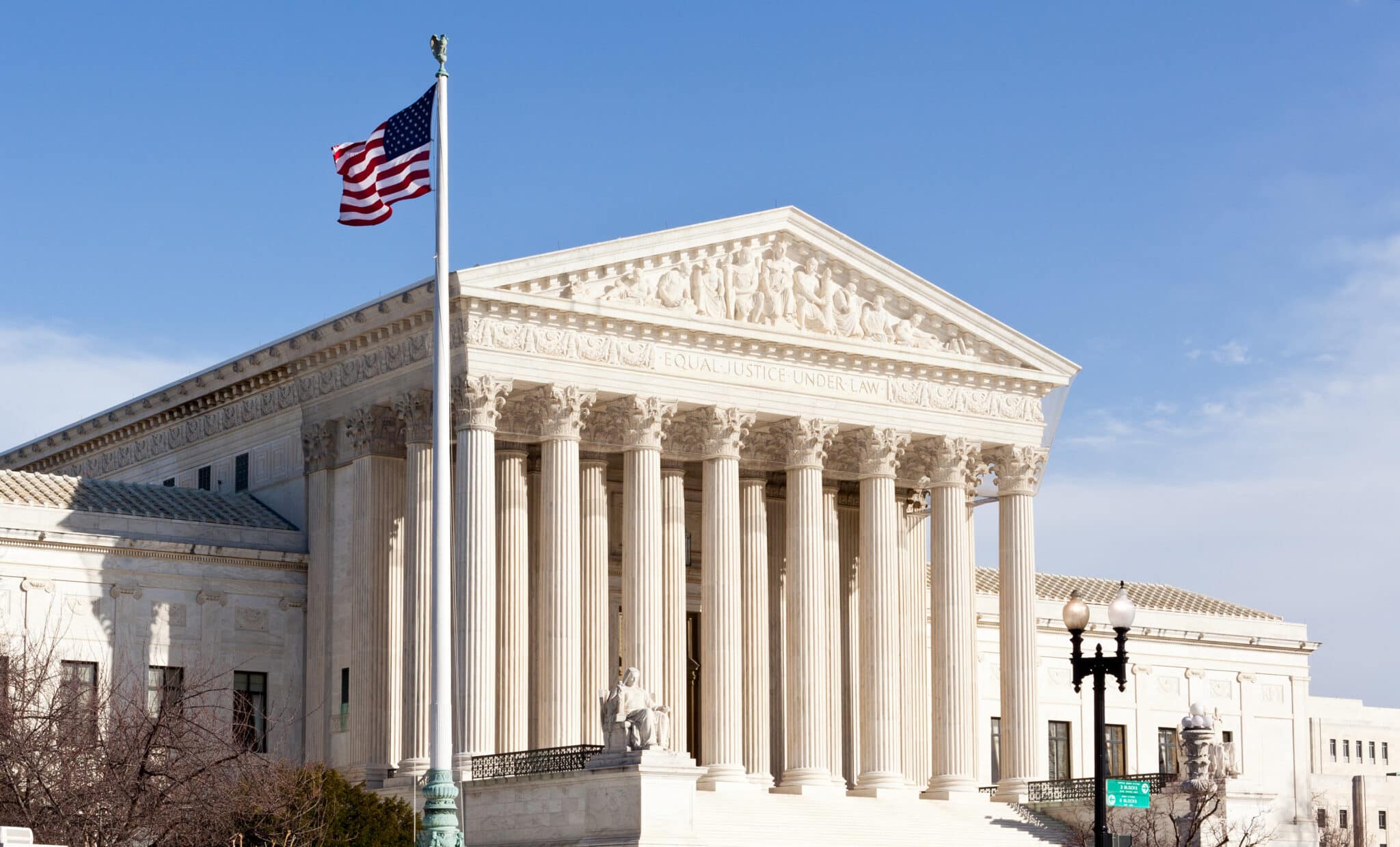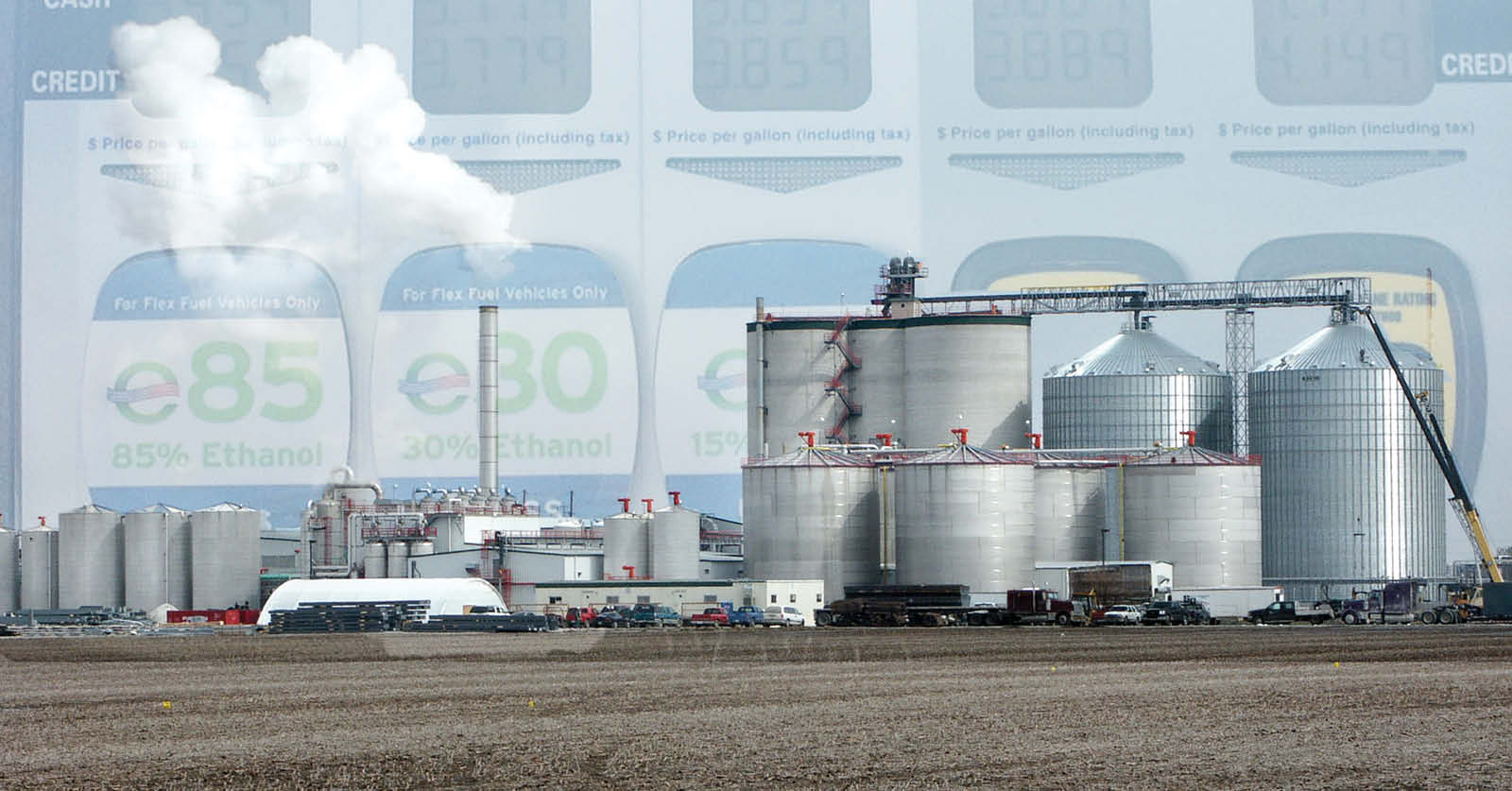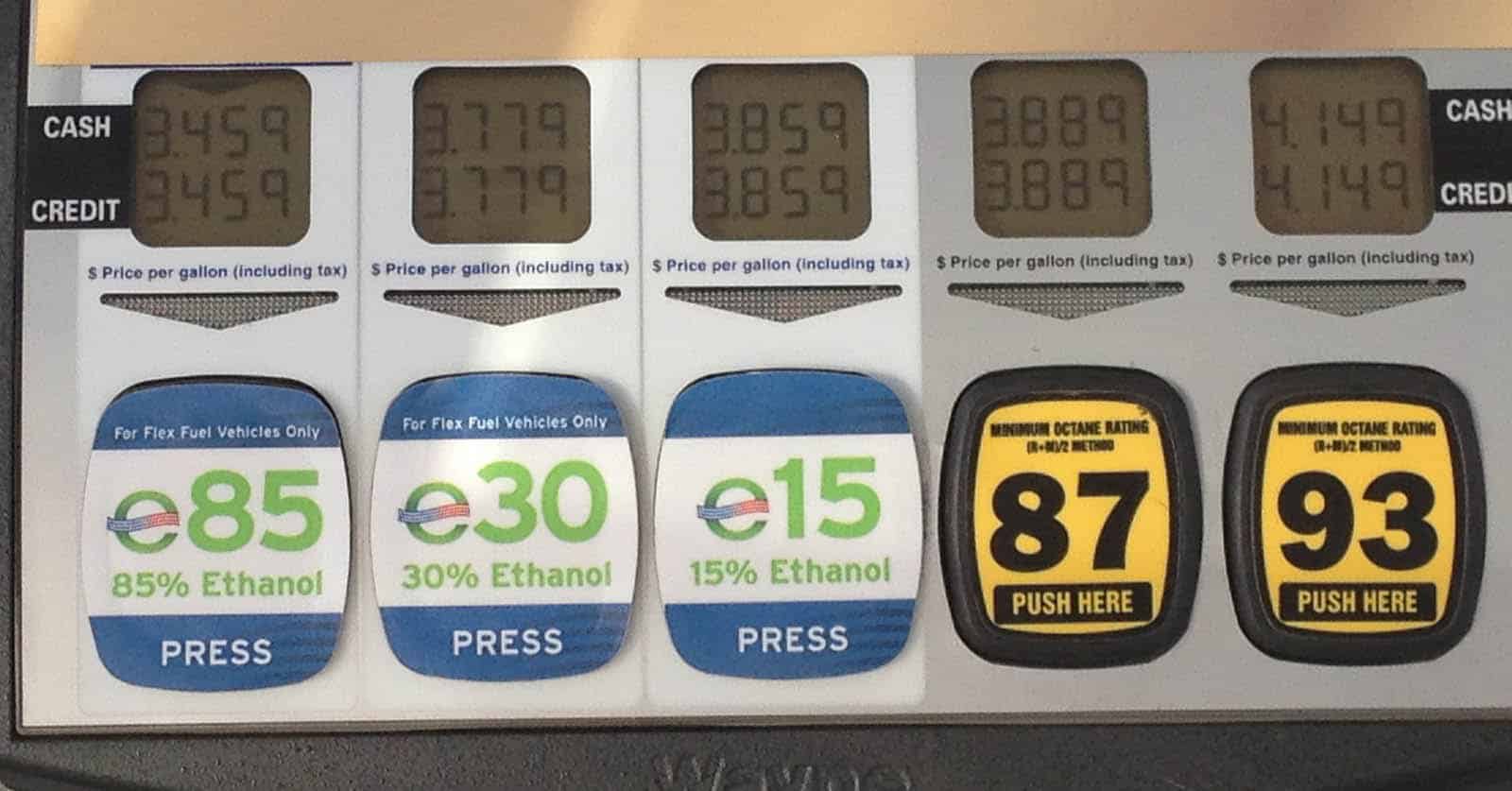For nearly two decades, the Environmental Protection Agency's Greenhouse Gas Reporting Program (GHGRP) has provided one of the federal government's most basic tools for accountability—a record of who emits what. Now, under the guise of "streamlining," EPA is proposing to dismantle much of that system.
The proposal would scrap reporting for nearly every industrial sector previously covered by GHGRP—except oil and gas operations subject to a methane "waste emissions charge," whose reporting would instead be suspended for ten years—and stop sharing emissions data with the public. In short, the government is getting ready to blindfold itself.
Methane Waste Is a Fiscal Issue
Methane isn't just a greenhouse gas. It's the main ingredient in natural gas—a valuable energy resource that powers our homes and a public resource that earns federal, tribal, and state royalties when captured and sold on public lands. When companies vent, flare, or leak that gas into the air, taxpayers lose—first in wasted resources that could have been brought to market, then in foregone royalties, and again in the ballooning costs of natural disasters.
Between 2012 and 2021, oil and gas operators vented or flared more than 3 trillion cubic feet of natural gas nationwide—worth nearly a billion dollars. This lost gas could have powered 4.3 million households for a year and, according to EPA estimates. On federal lands alone, taxpayers missed out on roughly $76 million in royalties that should've been collected. That's money that could have paid for schools, bridges, or even chipped away at the national debt—take your pick.
And the costs don't stop there. Methane traps more than 80 times as much heat as carbon dioxide over its first 20 years in the atmosphere. As climate-driven disasters become more frequent and deadly—floods, wildfires, hurricanes, droughts—the federal tab for relief is on the rise, now regularly topping $100 billion a year. Plugging methane leaks isn't just about the environment. It's about fiscal common sense.
The recently passed FY2025 reconciliation bill postponed the methane waste emissions charge for ten years. The charge, which applies to nearly all oil and gas facilities reporting under GHGRP Subpart W, was projected to raise $7.2 billion from 2025 to 2034. EPA's proposal to suspend Subpart W reporting would compound that loss. Taxpayers and communities would be left with no way to assess the scope of wasted resources—or the resulting revenue and climate costs.
Why the GHGRP Matters
The GHGRP exists because you can't manage what you don't measure. It requires thousands of industrial facilities, including oil and gas producers, to report their greenhouse gas emissions. Those numbers don't just sit on a shelf—they shape enforcement, inform policy, and make sure subsidies and tax credits go to projects that actually do what they promise. Its data also supports state and local emissions initiatives and helps communities track nearby polluters.
EPA says this repeal will reduce "reporting burden," even though most of the tracking equipment and infrastructure are already in place—and industries still rely on them to comply with other state and international standards. In reality, this repeal reduces oversight.
The timing couldn't be worse. At the same moment EPA is delaying and reevaluating its 2024 methane standards, it's also proposing to erase the very data that proves whether those rules work. That's not streamlining—it's self-sabotage.
Transparency Is Not Red Tape
Accurate emissions reporting isn't bureaucratic busywork. It's the government equivalent of balancing your checkbook. The GHGRP doesn't tell companies how to operate; it just asks them to keep honest books. For an administration that preaches fiscal responsibility, killing the nation's carbon ledger is like the IRS deciding taxes are too much paperwork.
Data transparency is where accountability begins. Without GHGRP, the EPA will have no means to verify emissions or provide even the most basic oversight. The IRS will have no reliable data to administer tax credits that need to be verified with GHGRP data—the same tax credits this administration has chosen to preserve and even expand—leaving billions in hydrogen and carbon capture subsidies unverified.
We've seen this movie before. When oversight fades, waste follows. Whether it's defense contracts, disaster aid, or oil and gas leases, losing transparency always costs the public more in the end.


